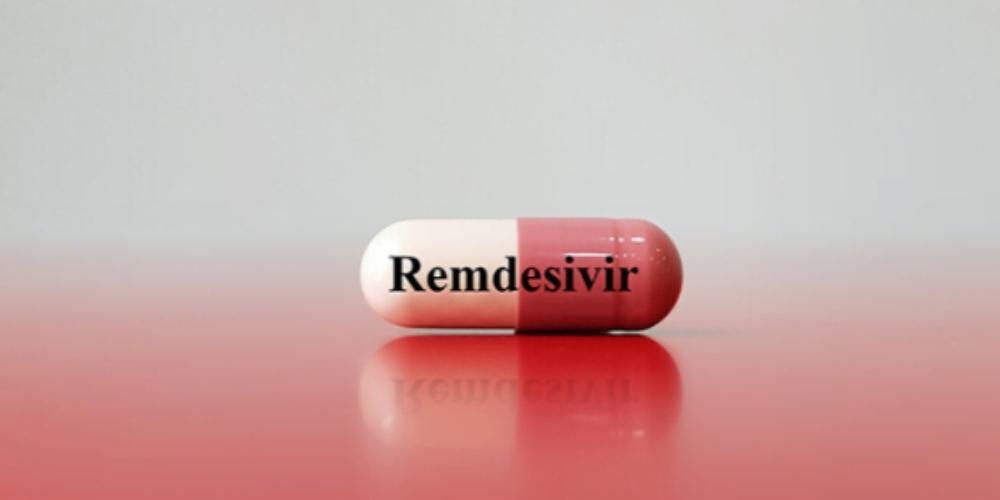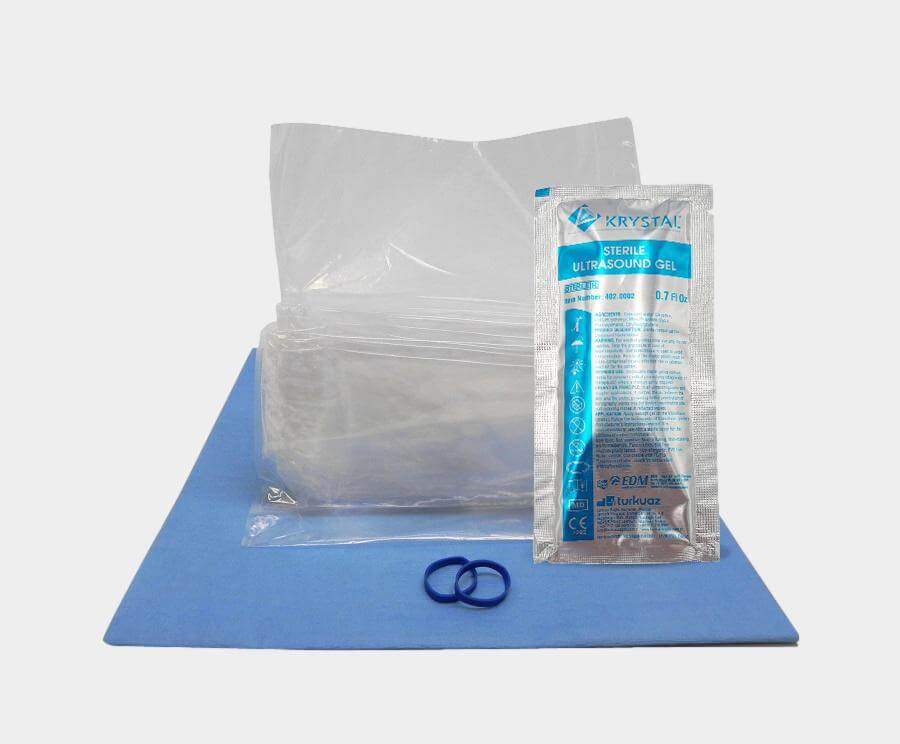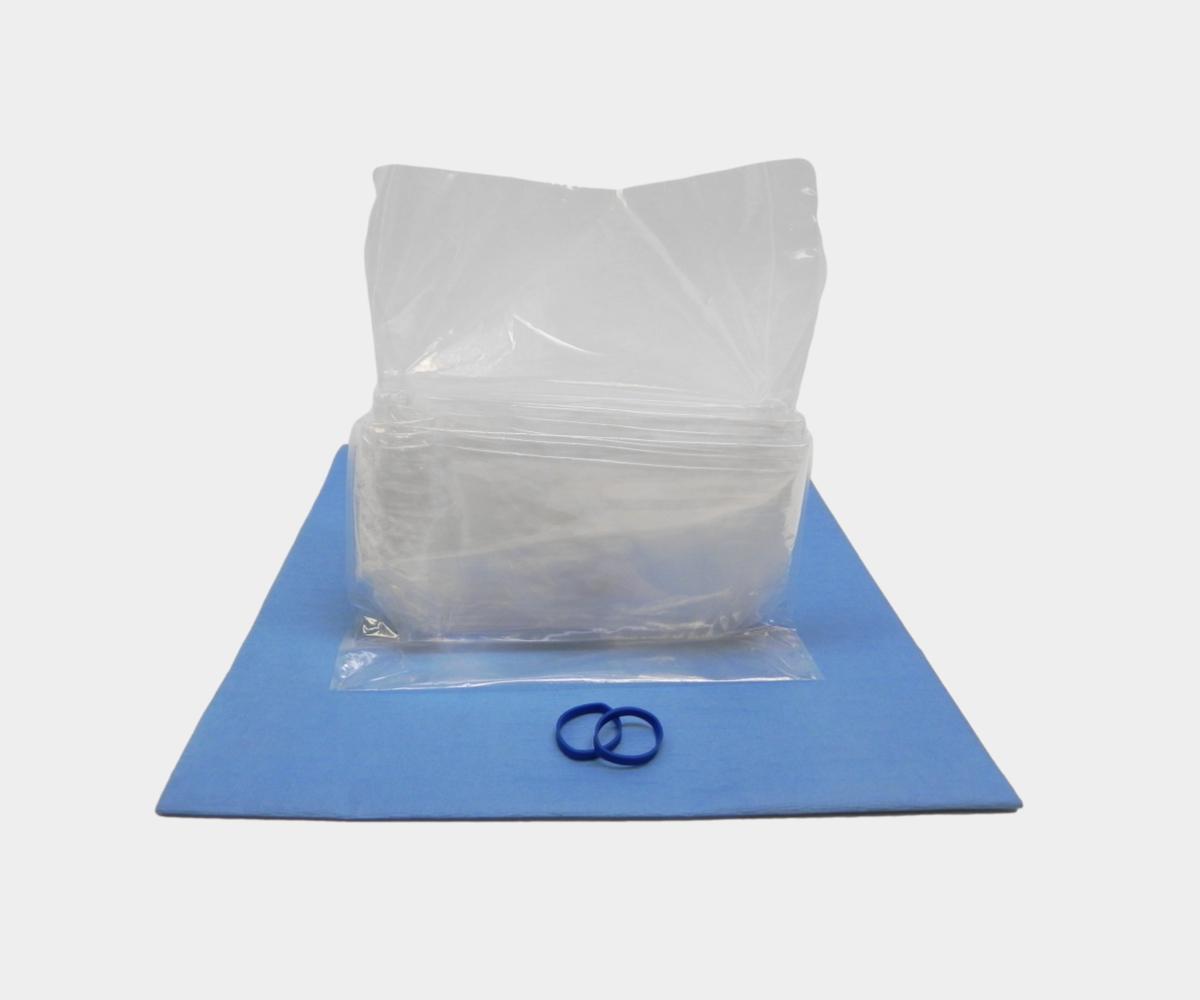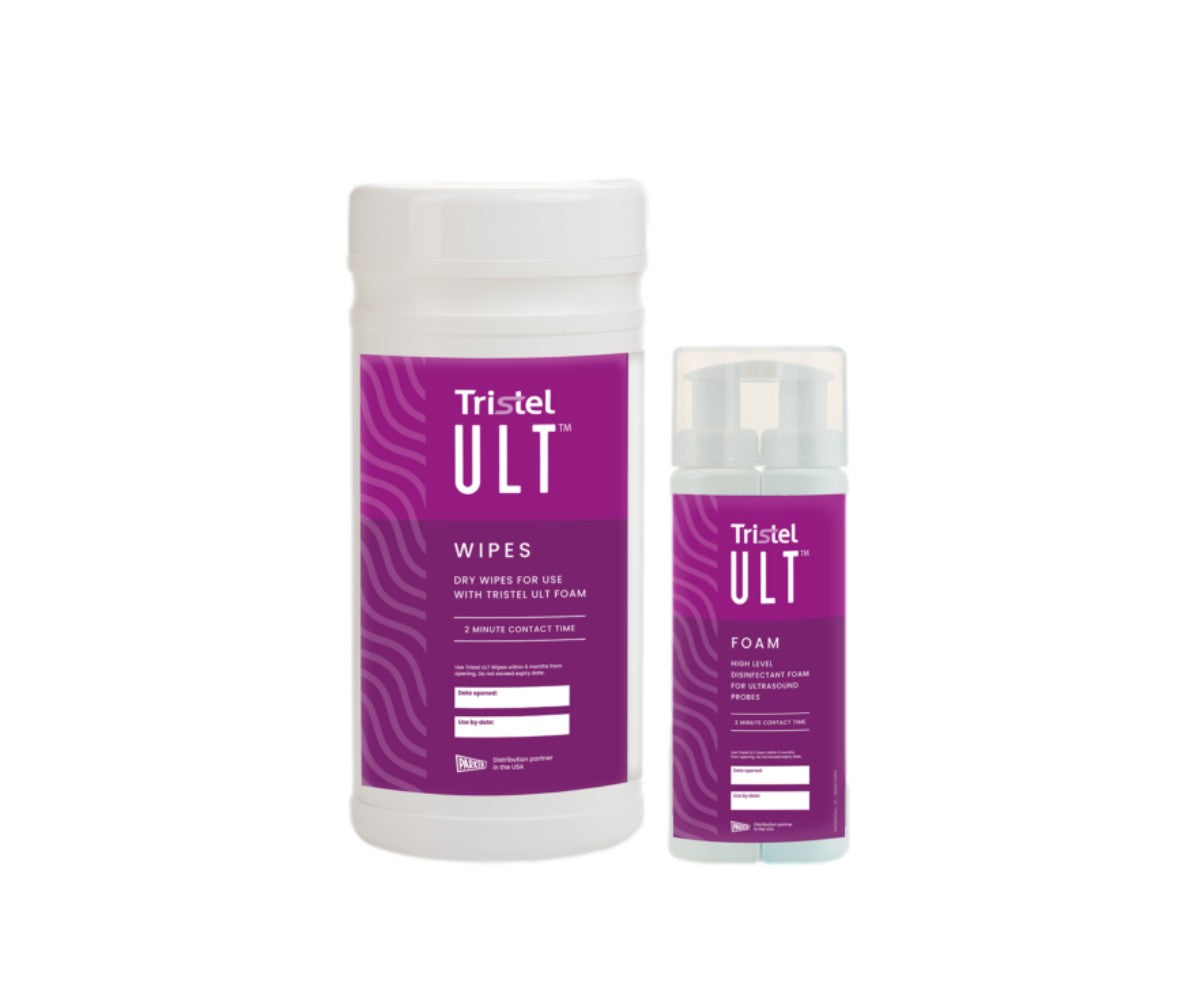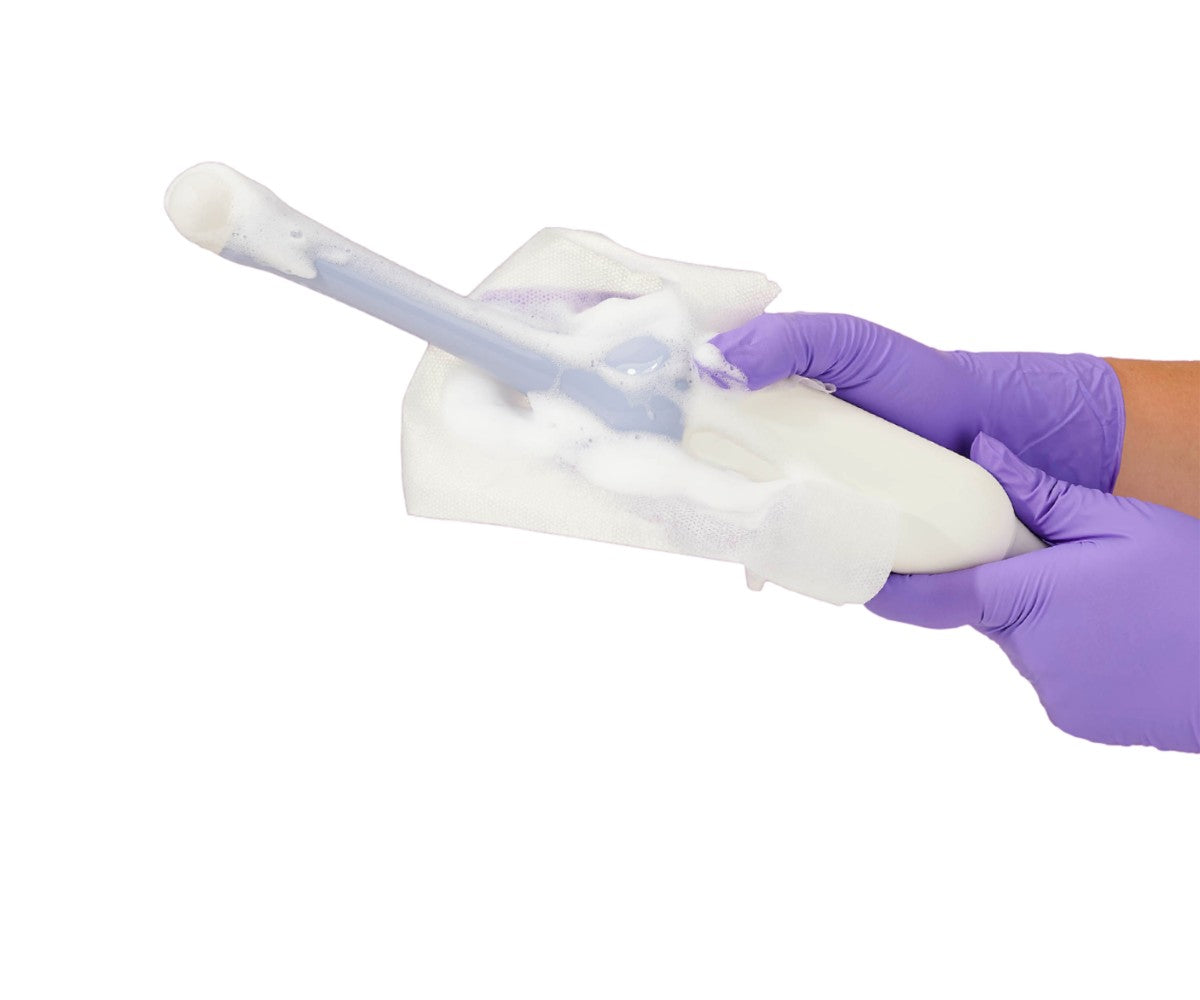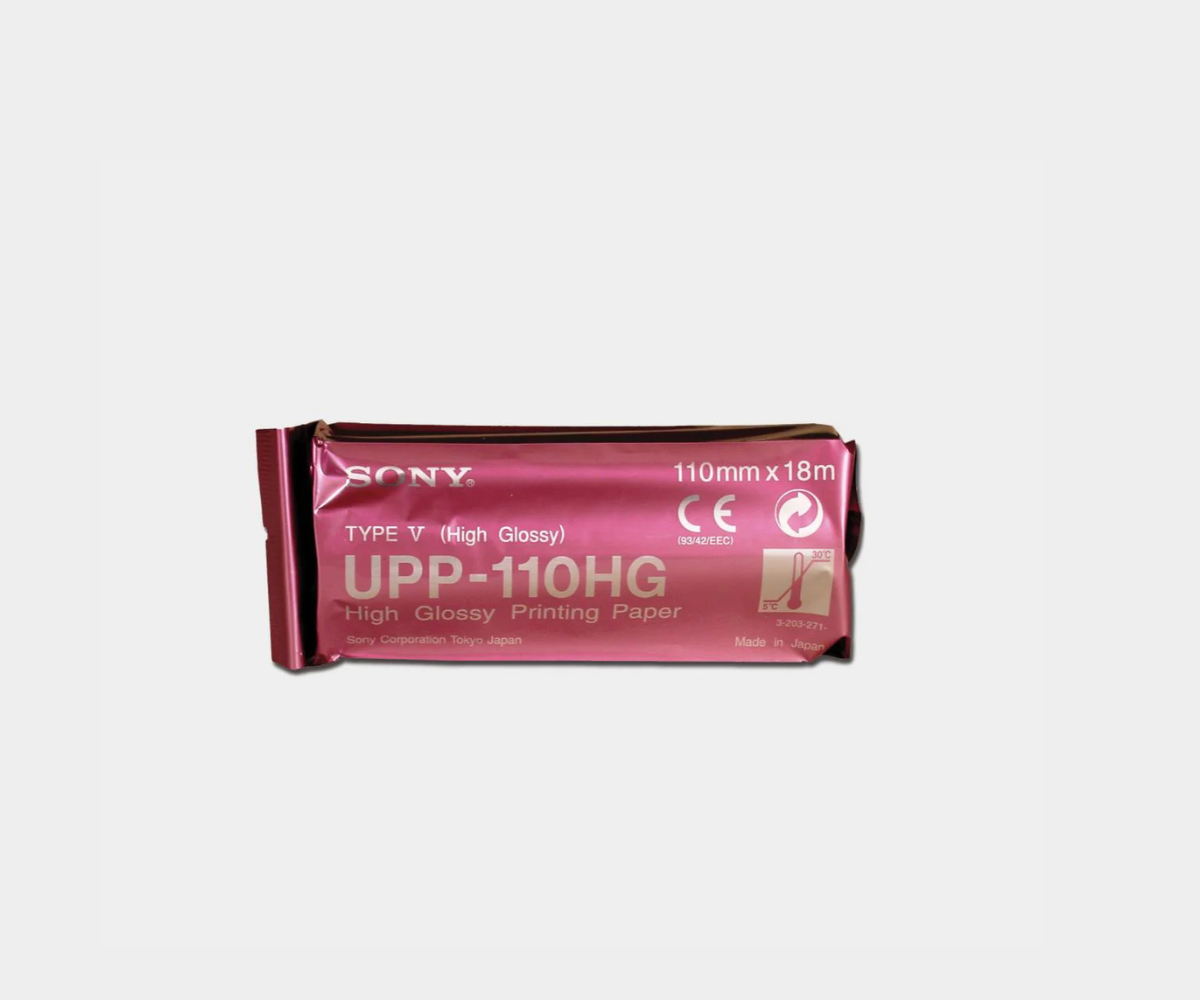| Researchers have found an experimental drug that may shorten the recovery time for patients with the COVID-19 infection. The drug, called remdesivir, has been found to interfere with the replication of some viruses, including COVID-19. On April 29th, Anthony Fauci, the director of the US National Institute of Allergy and Infectious Disease (NIAID), reported that a clinical trial of more than a thousand patients on remdesivir resulted in an average recovery time of 11 days, in contrast to 15 days for a placebo. |
“Although a 31% improvement doesn’t seem like a knockout 100%, it is a very important proof of concept,” Fauci said. “What it has proven is that a drug can block this virus.”
In addition, the trial showed that COVID-19 patients who were given remdesivir experienced a lower death rate, but this trend was not considered statistically significant. However, the shorter recovery time that resulted from using remdesivir was so significant to the research team, that they decided to end the trial early so that the participants receiving the placebo could be placed on the experimental drug. Fauci stated that remdesivir would now become a standard treatment in COVID-19 cases.
Multiple clinical trials of remdesivir have been performed in recent weeks with mixed results. The drug’s manufacturer, Gilead Sciences, ran a clinical trial of their own and found that more than half of the 400 participants with COVID-19 recovered from the virus within two weeks of treatment. This study, however, lacked a placebo, which made the results difficult to understand. In China, a smaller trial resulted in no benefits when compared to the placebo, but it should be noted that this trial was ended early as researchers found it difficult to enroll participants as the pandemic subsides in China.
Regardless of the conflicting results with smaller trials, the large NIAID remdesivir trial has researchers and medical practitioners hopeful that the new drug will be successful in aiding the recovery of COVID-19 patients, especially those experiencing severe symptoms. Dr. Stephen Griffin, a virologist at the University of Leeds in the UK weighed in saying, “There is a lot of focus on remdesivir because it’s potentially the best shot we have.”
The experimental drug works by neutralizing an enzyme that some viruses, such as COVID-19, use to replicate. Researchers reported in February that remdesivir successfully reduced viral infection in human cells grown in a laboratory.
Although remdesivir may not be the cure which some practitioners and researchers would like, the NIAID results show that the drug can have a promising role as a treatment option. “It may not be the wonder drug that everyone’s looking for, but if you can stop some patients from becoming critically ill, that’s good enough,” noted Dr. Griffin.
Examining patients with COVID-19 or those suspected of having the virus poses a significant health risk to medical staff and other patients. Learn more about the guidelines for performing ultrasound examinations on suspected or confirmed COVID-19 cases and how to minimize the risk of transmission in your healthcare facility.

